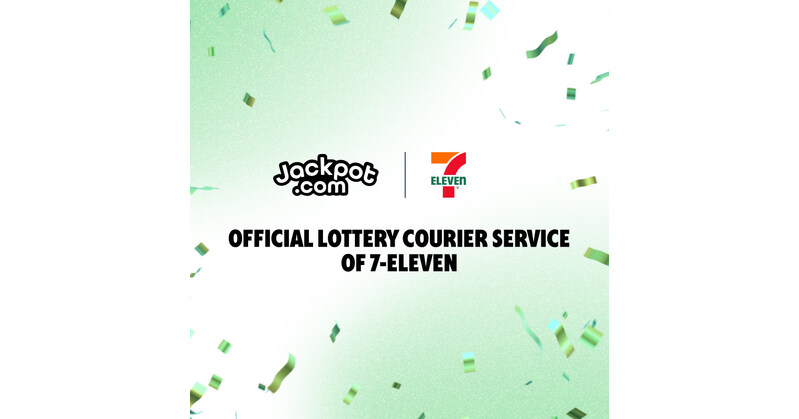Gambling
Goa to launch India’s first Govt sanctioned online lottery platform

Goa is set to become one among the first few states in India to launch a fully online lottery, as per a report by The Times of India. The state government has planned to launch the lottery on November 18, 2024, with the first draw scheduled for November 24.
Following the marketing license issued by the Government of Goa, Great Goa Games is set to become the country’s only government-sanctioned online lottery platform. This initiative aims to transition from the traditional paper-based system to a digitised model.
Arun Pandey, founder of Rhiti Group says in an interview with Mediabrief, “The Great Goa Games (GGG) Lottery is India’s first fully licensed and regulated online lottery platform, offering players a secure and convenient way to engage in state-approved lotteries. In a country where paper lotteries are run in some 15 states, this is the first Indian online lottery authorized by the Directorate of Small Savings and Lotteries, Government of Goa.”
Are lotteries legal in India?
India has not implemented a nationwide ban on lotteries. However, in 2015, the Supreme Court allowed state governments to prohibit lottery sales. It ruled that the right to sell lotteries is not a fundamental right.
Currently, only 13 states permit lottery sales. Which include Assam, Arunachal Pradesh, West Bengal, Meghalaya, Nagaland, Mizoram, Kerala, Goa, Maharashtra, Manipur, Madhya Pradesh, Punjab, and Sikkim.
Other states, like Tamil Nadu and Karnataka, banned lotteries over concerns about gambling addiction. Lotteries provided significant revenue for state governments. However, concerns about societal costs prompted many states to impose bans, reported India Today.
Supreme Court’s Ruling on Online Lotteries
In a ruling in 2015, the Supreme Court upheld Kerala’s ban on online lotteries, initially instituted by the Kerala High Court in 2005. The court highlighted issues with online lotteries from states like Meghalaya, Nagaland, and Sikkim, noting that many lacked the required state government imprints or authorized signatures. The court noted that ticket terminals allowed for potential manipulation. Customers lacked a way to verify if the central server had issued their tickets.
Citing Kerala’s Lotteries Act of 1998, which allowed for only one lottery draw per week, the court observed that online lotteries operated simultaneously in multiple forms, deviating from regulatory guidelines. The court noted that lotteries impacted entire communities, particularly affecting low-income individuals, exploiting their limited means, and preying on the less informed.
Advertisements
The All Kerala Online Lottery Dealers Association and the states of Sikkim, Meghalaya, and Nagaland had filed appeals challenging Kerala’s online lottery ban.
However, this was not the first instance of online lotteries facing legal challenges. In 2008, Maharashtra’s criminal investigation department reported alleged collusion between government officials and online lottery operators, noting that the Maharashtra government was running multiple lotteries in a single day. Additionally, many illegal lotteries, which operated anonymously online, continued to have a wide reach.
Illegal Lottery Sales Persist
Illegal lottery sales persist in states that have banned lotteries. Last week, Coimbatore city police announced a joint operation with Coimbatore Rural police to tackle the illegal sale of number lottery tickets within the city’s rural borders in Tamil Nadu, reported New Indian Express. Over the past three months, authorities seized Rs. 45.8 lakh, arrested 27 individuals, and filed six cases related to these operations, said Coimbatore City Commissioner V. Balakrishnan.
Police described the illegal lottery activity as “at an all-time high” in these newly incorporated city areas. Despite a statewide ban on lotteries, sales of number tickets featuring one-, three-, and four-digit draws continue, especially in Coimbatore’s suburban neighborhoods.
Read More:









